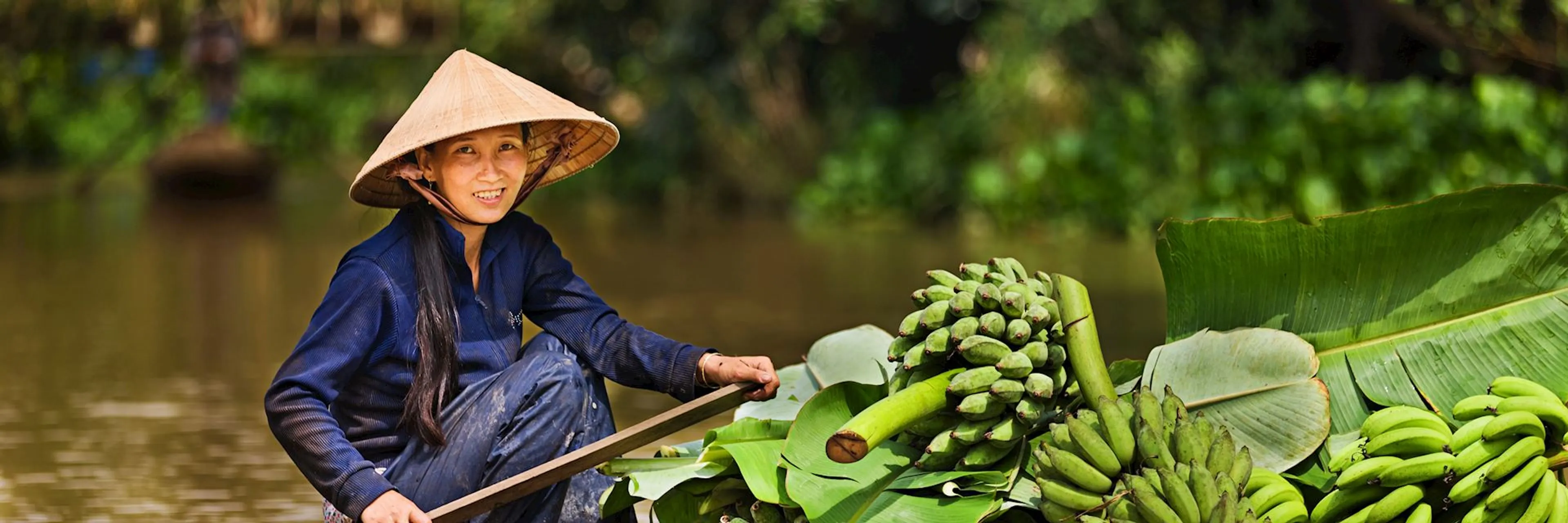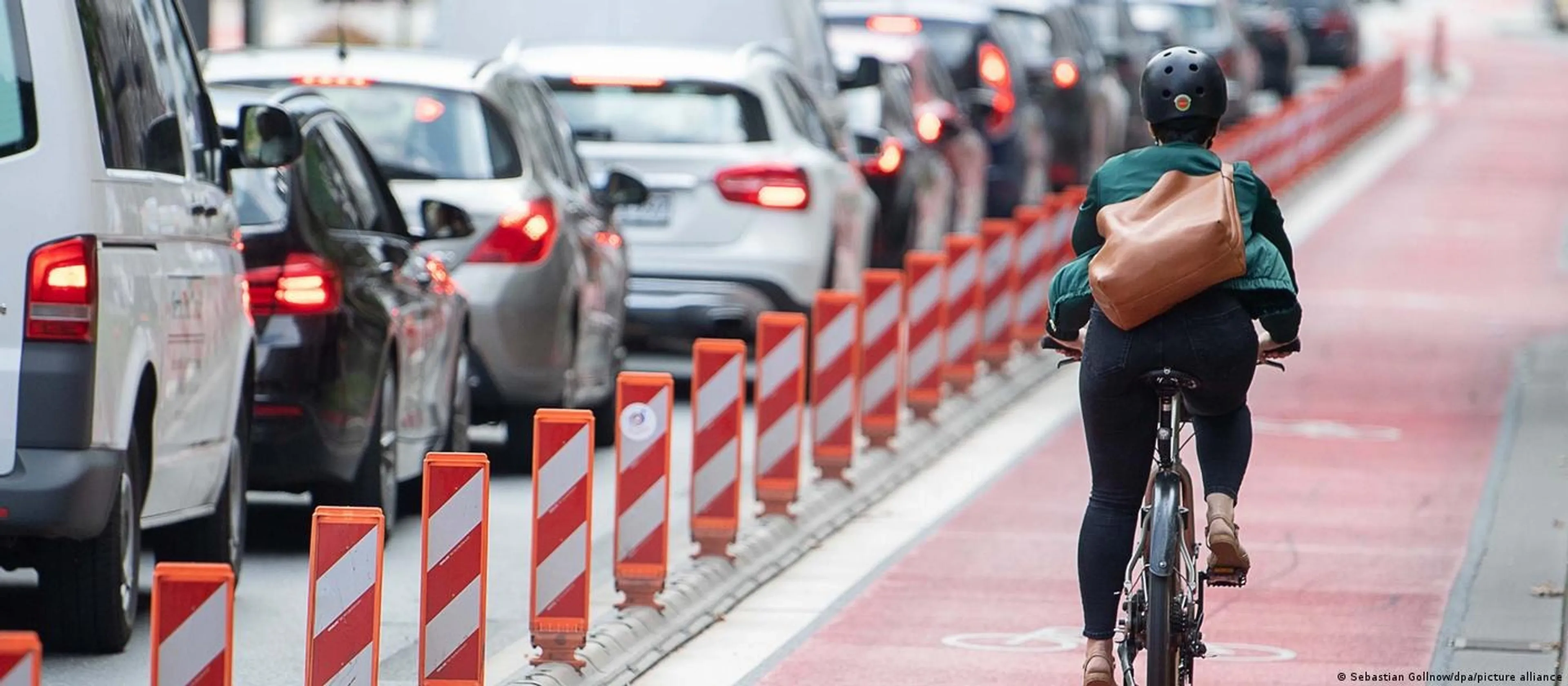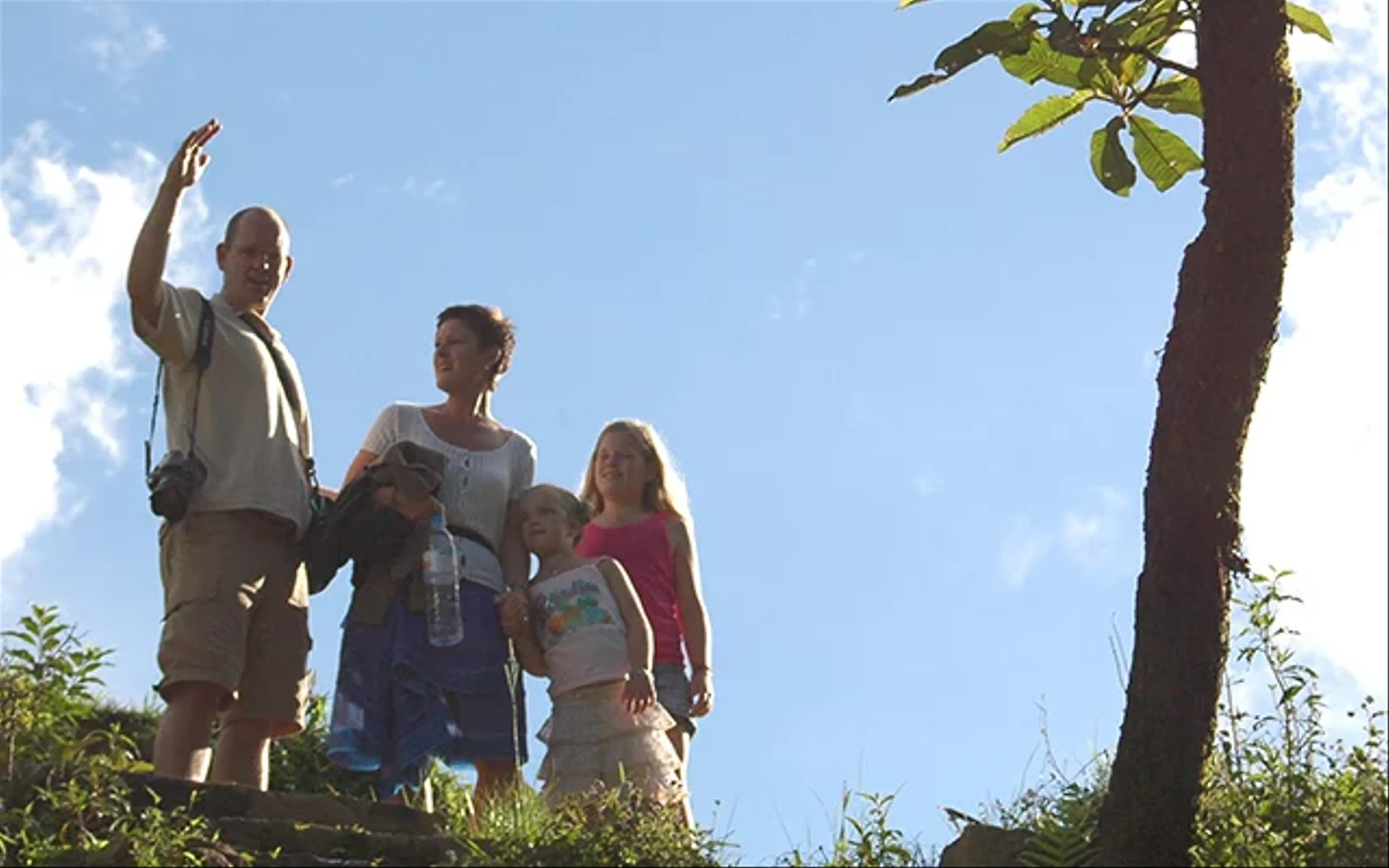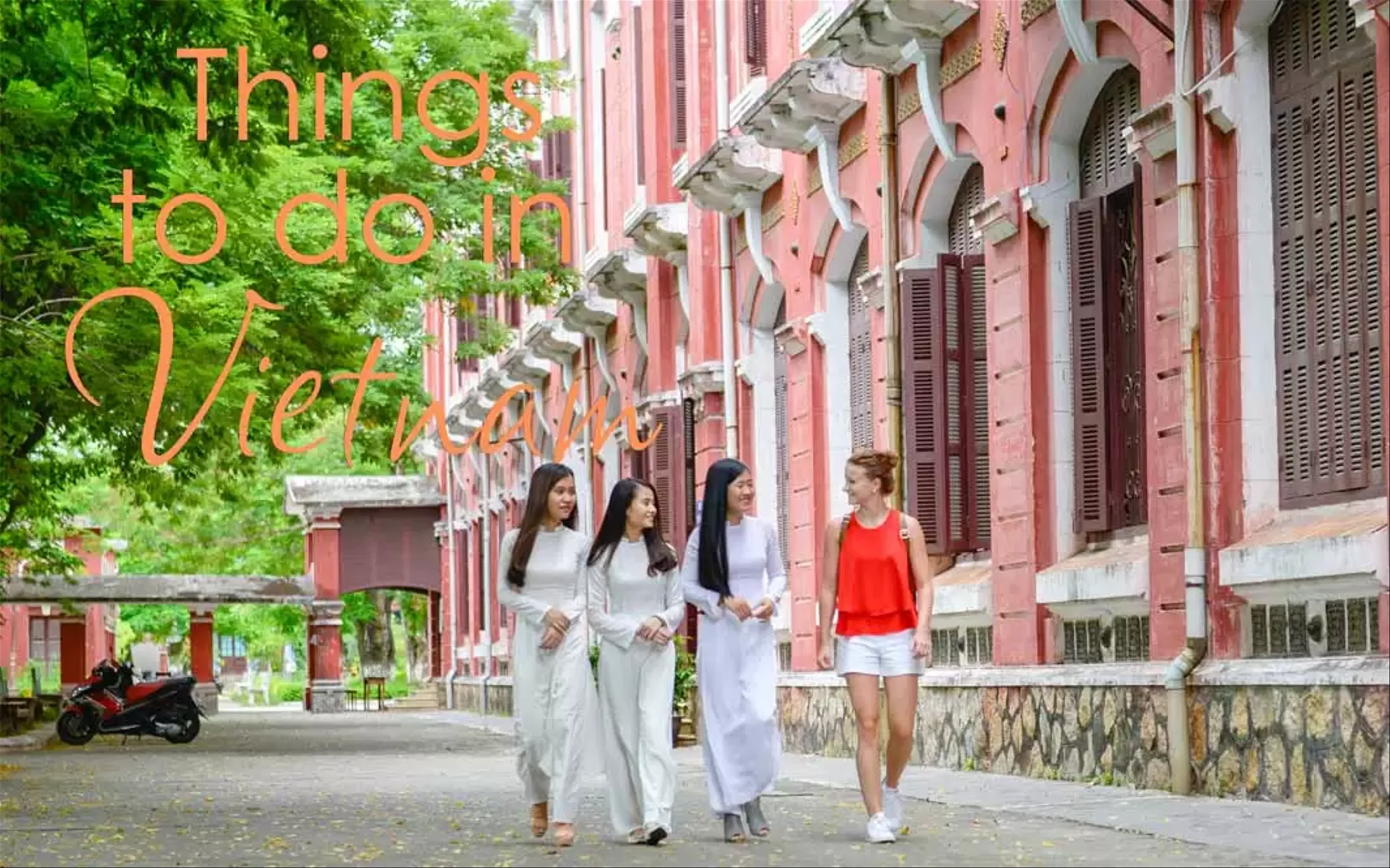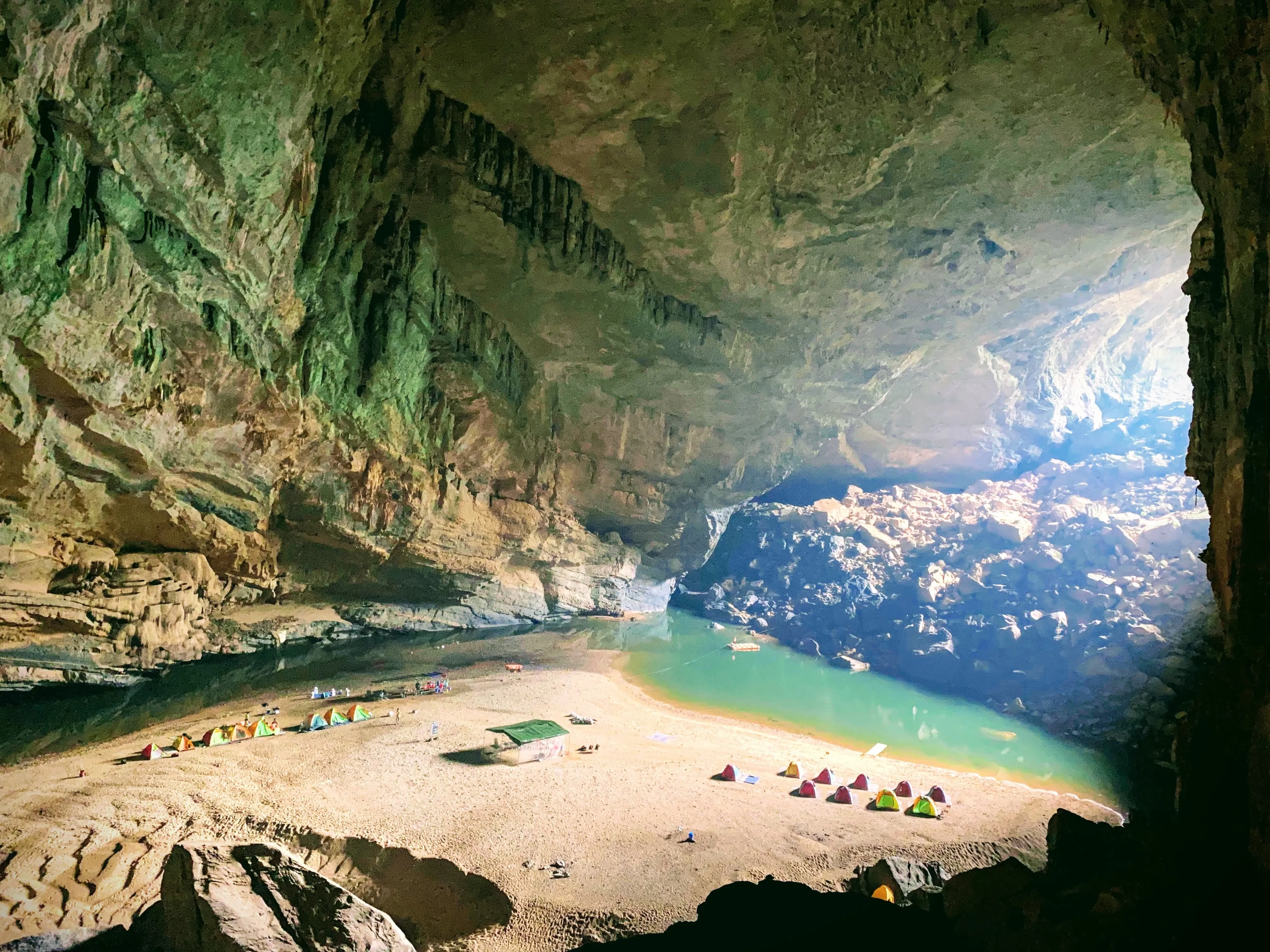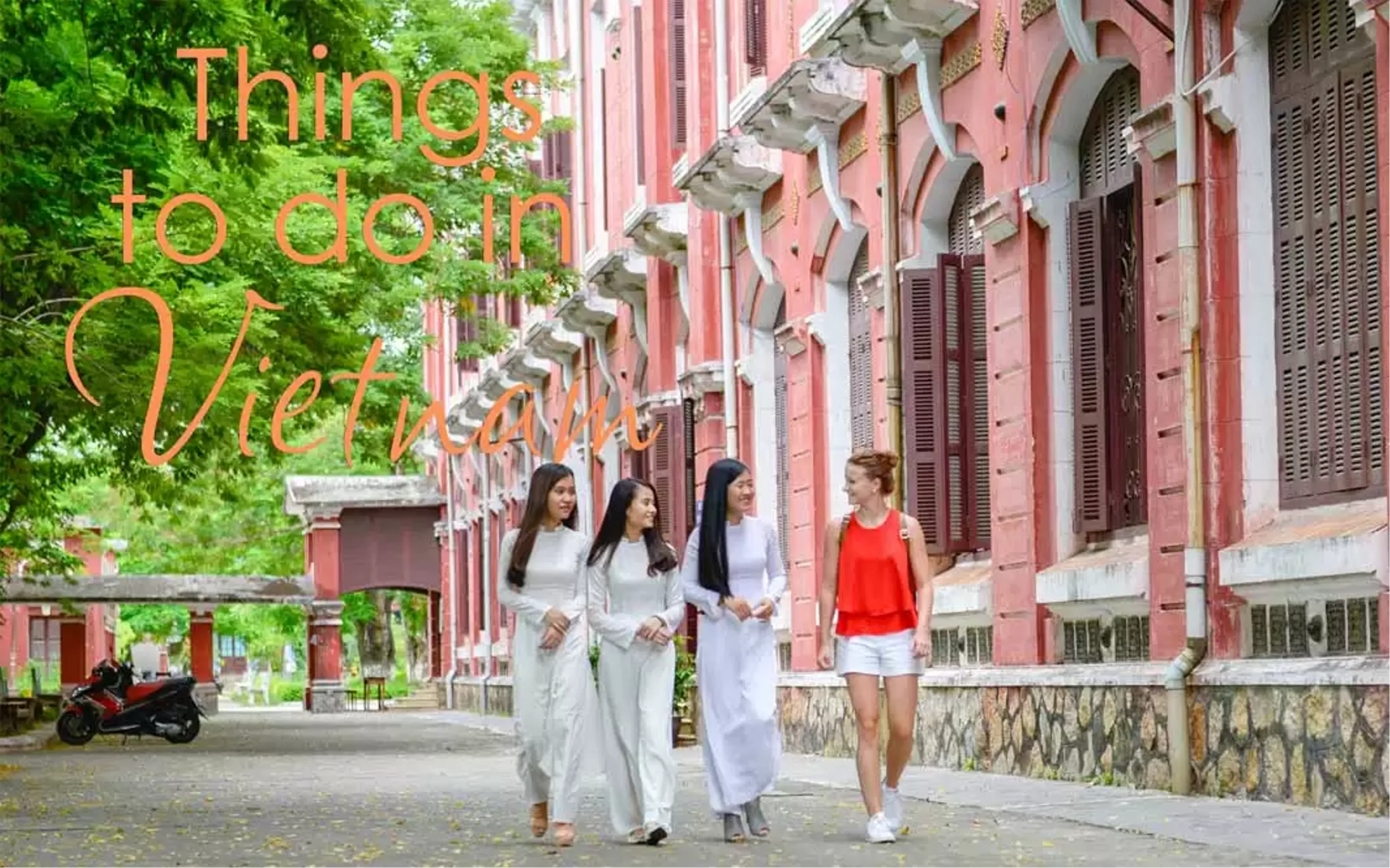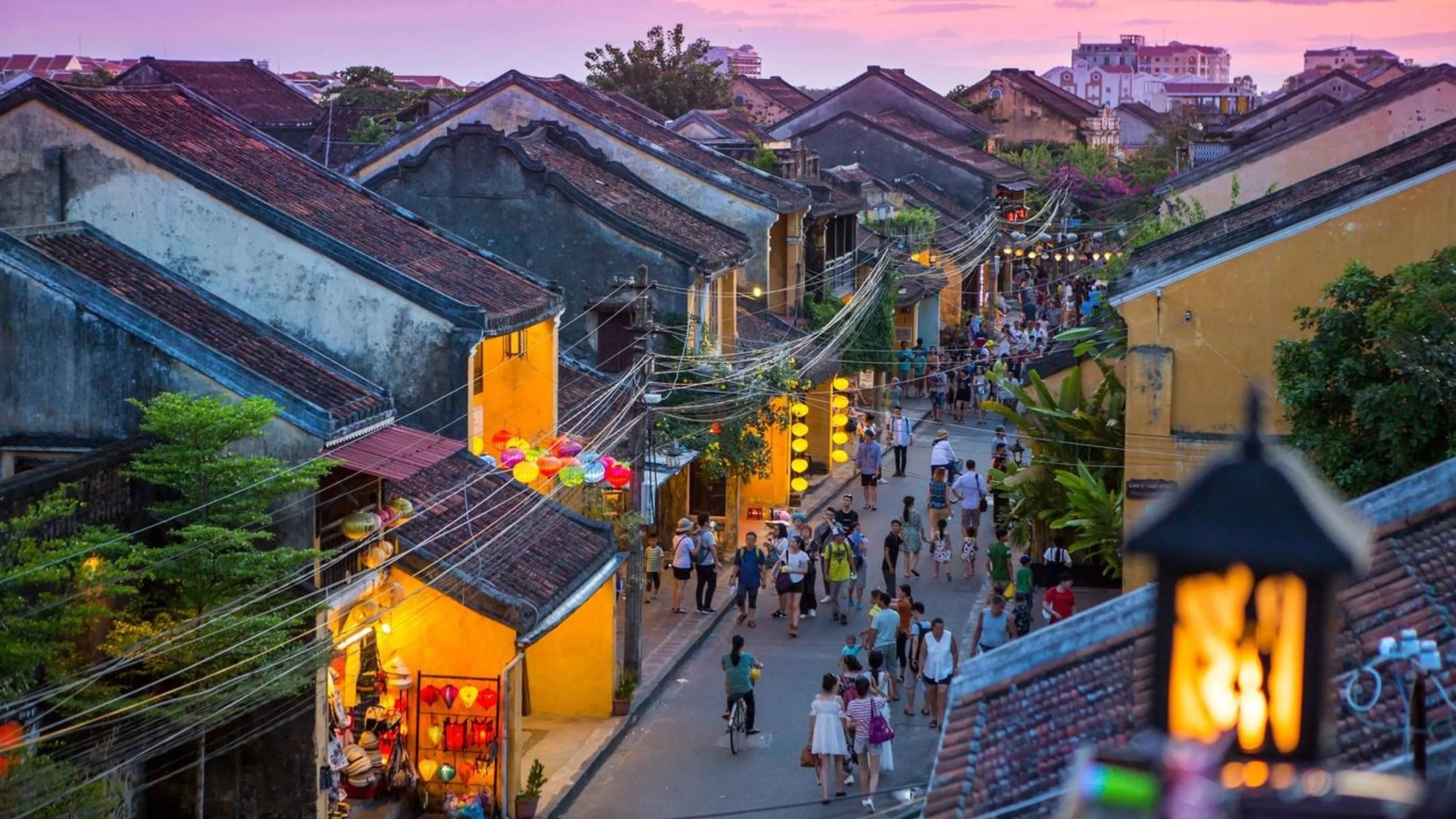
Manage Your Finances While Exploring Vietnam

Vietnam, with its rich history, vibrant culture, and stunning landscapes, beckons travelers from all over the world. However, like any journey, exploring this Southeast Asian gem requires a touch of financial savvy. Understanding how to manage your finances while navigating Vietnam can make your adventure both enjoyable and affordable.
Currency Basics: Understanding the Vietnamese Dong (VND)
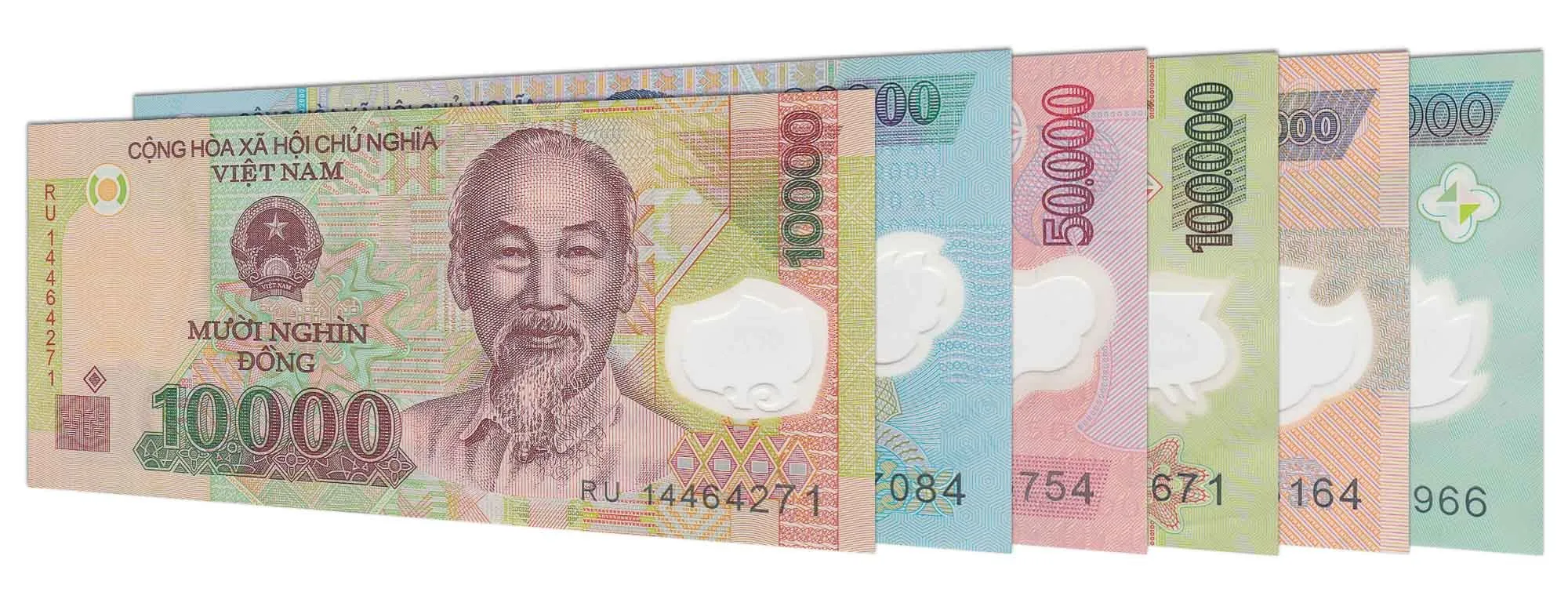
Venturing into a new country means familiarizing oneself with its currency. Here's what you should know about the Vietnamese Dong:
- Conversion Rates: Always be updated on the VND's conversion to your home currency.
- Denominations: Vietnamese notes come in various denominations, including 1,000; 2,000; 5,000; 10,000; 20,000; 50,000; 100,000; 200,000; and 500,000 VND.
Opening a Local Bank Account: Is It Necessary?
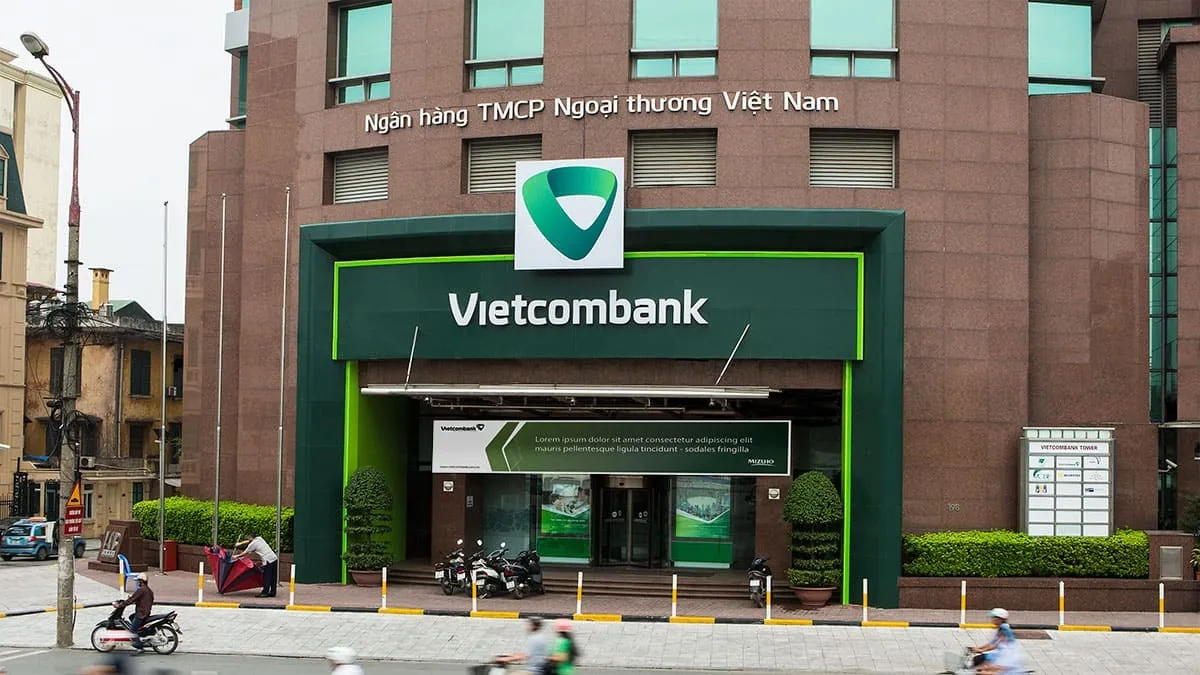
Thinking of staying long-term? Here's a quick guide on Vietnamese bank accounts:
- Pros:
- Ease of transactions within the country.
- Avoid frequent international withdrawal fees.
- Cons:
- Requires documentation and might be complex for short-term travelers.
- Documentation:
- Passport and visa copies.
- Proof of address (either in Vietnam or your home country).
International Banking Fees and How to Avoid Them
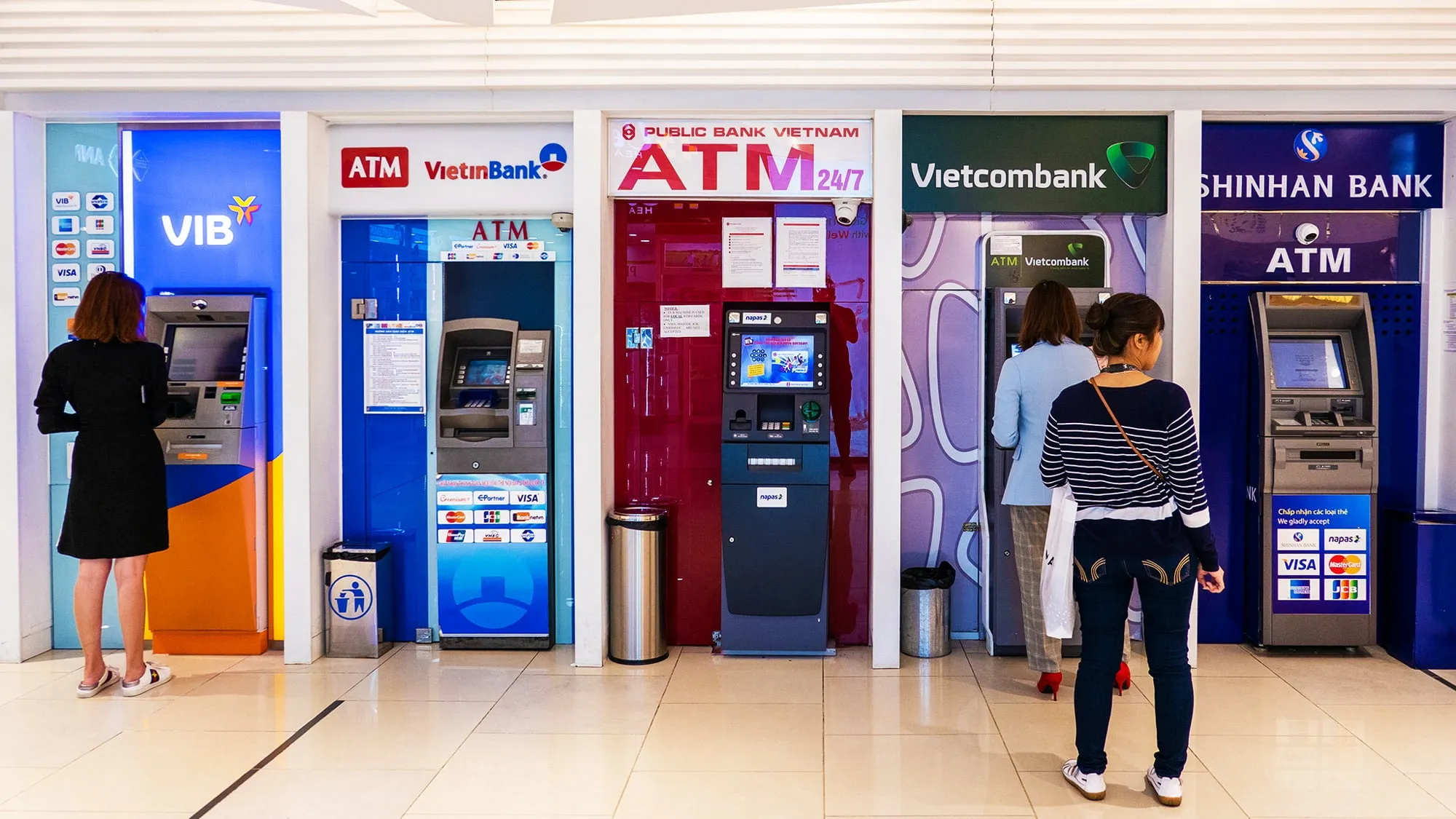
Hidden fees can surprise many travelers. Be ahead of the curve by understanding the pitfalls:
- ATM Withdrawal Fees: Foreign cards often incur fees, and some local ATMs have their own charges.
- Using Credit Cards in Vietnam: Not all places accept them, and some might charge an additional fee.
- Tips:
- Choose ATMs of reputed banks for lower fees.
- Inform your bank of your travels to prevent blocked transactions.
- Use cash in local markets and smaller establishments.
Budgeting for Your Trip: Daily Costs and Unexpected Expenses
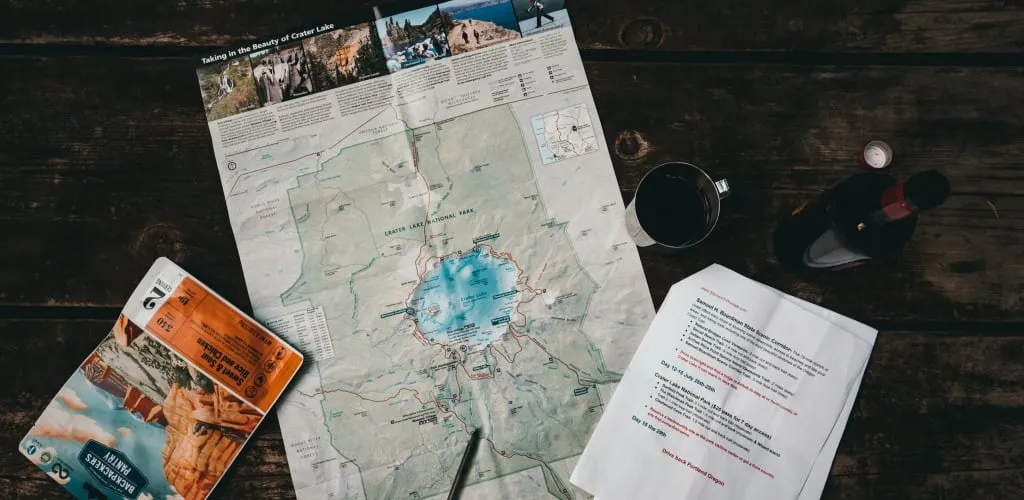
Creating a budget can be the difference between a stress-free vacation and a financial fiasco.
- Average Daily Expenditures:
- Accommodation: $10-$50 (hostels to mid-range hotels).
- Food: $5-$20 (street food to restaurants).
- Transportation: $5-$15 (buses, taxis, and bike rentals).
- Setting a Daily Spending Limit: Track your expenses and try not to exceed your daily limit.
- Unforeseen Costs: Always set aside a small fund for emergencies or spontaneous activities.
Tips on Exchanging Money
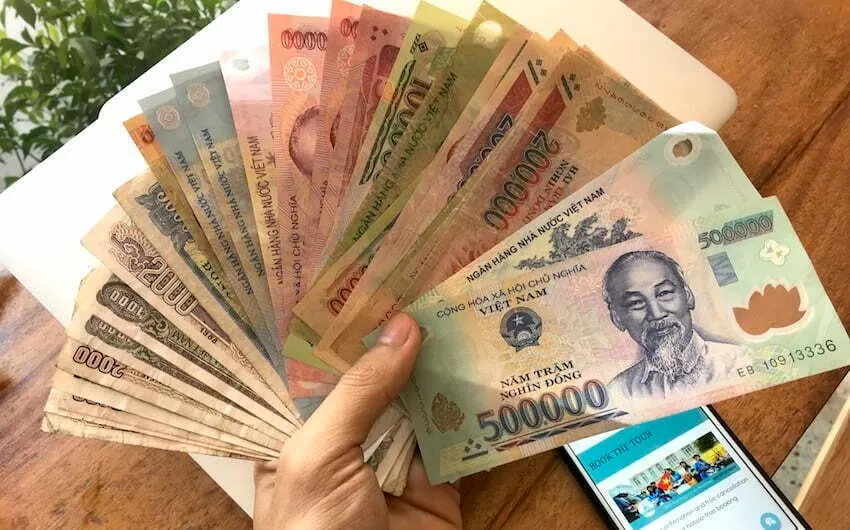
Ensure you're getting the most out of your money with these tips:
- Best Places to Exchange Currency: Banks and licensed money changers offer better rates than airports or hotels.
- Avoiding Scams:
- Be wary of black-market rates that seem too good to be true.
- Always count your money before leaving the counter.
Digital Wallets and Cashless Transactions in Vietnam
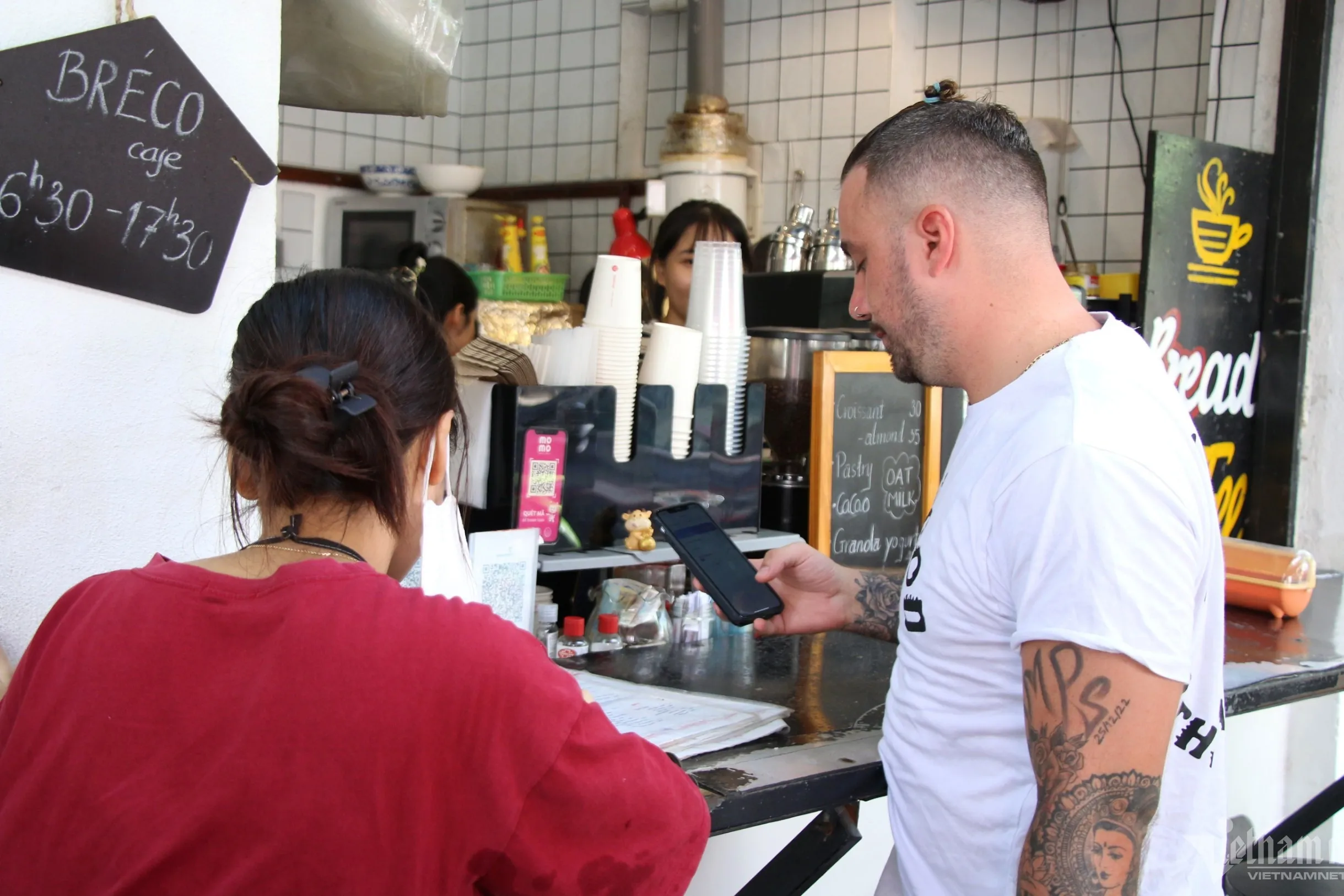
Embrace the digital age even while traveling:
- Popularity: Mobile payment apps like ZaloPay, Momo, and GrabPay are gaining traction in Vietnam.
- Benefits:
- No need to carry large amounts of cash.
- Convenient for paying for services like taxis and delivery.
- Often offer discounts or cashback promotions.
Street Smarts: Handling Money Safely
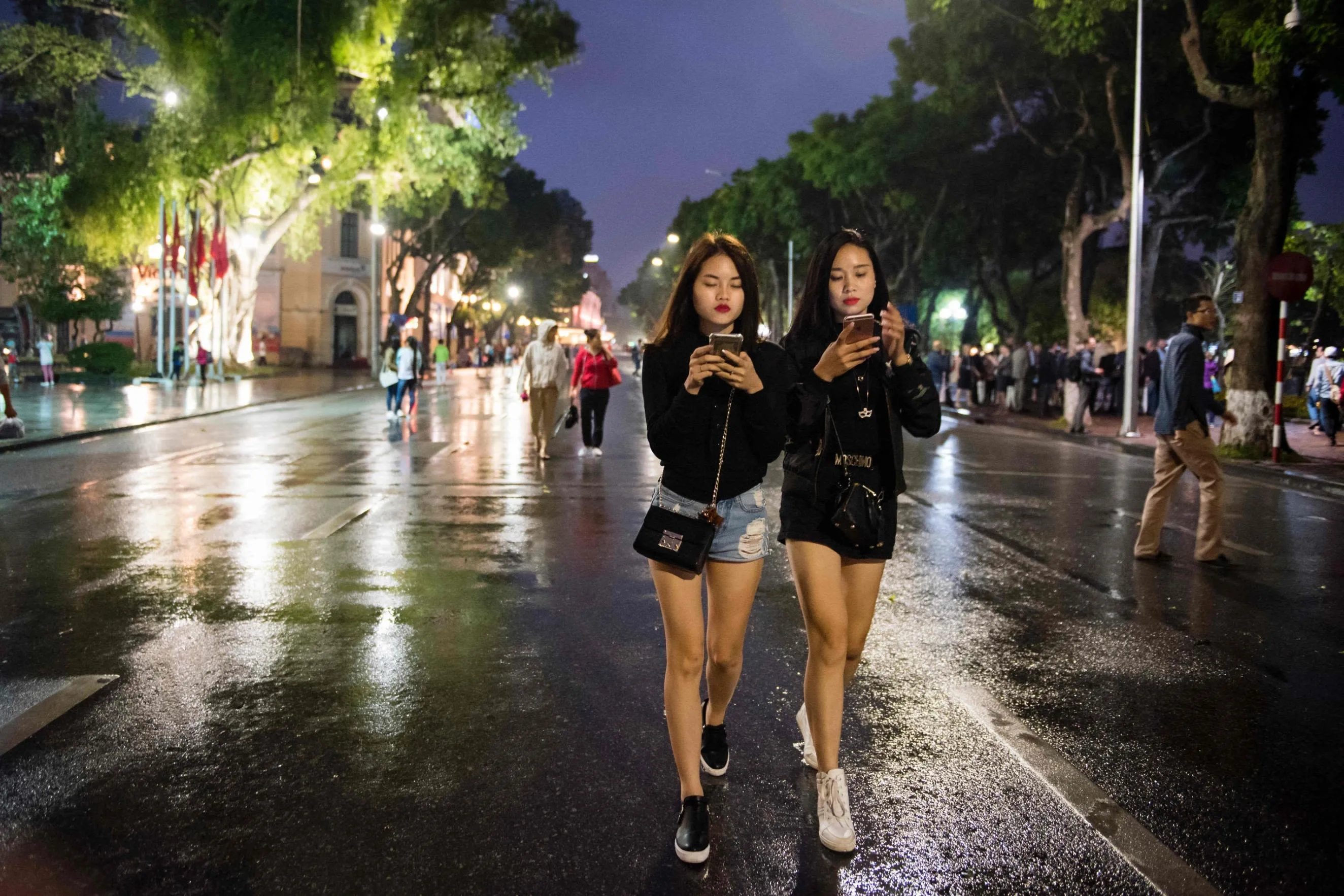
Ensuring the safety of your finances is paramount when traveling in any country. Vietnam is generally safe, but it's essential to be aware:
- Avoiding Common Tourist Scams:
- Be cautious of overpriced cyclo rides or street vendors pressuring for purchases.
- Know the approximate cost of items or services beforehand to prevent overcharging.
- Keeping Money Safe in Crowded Areas:
- Use money belts or hidden pouches.
- Split your cash, keeping a small amount in your wallet and the rest securely stashed.
Cost-effective Transportation Options
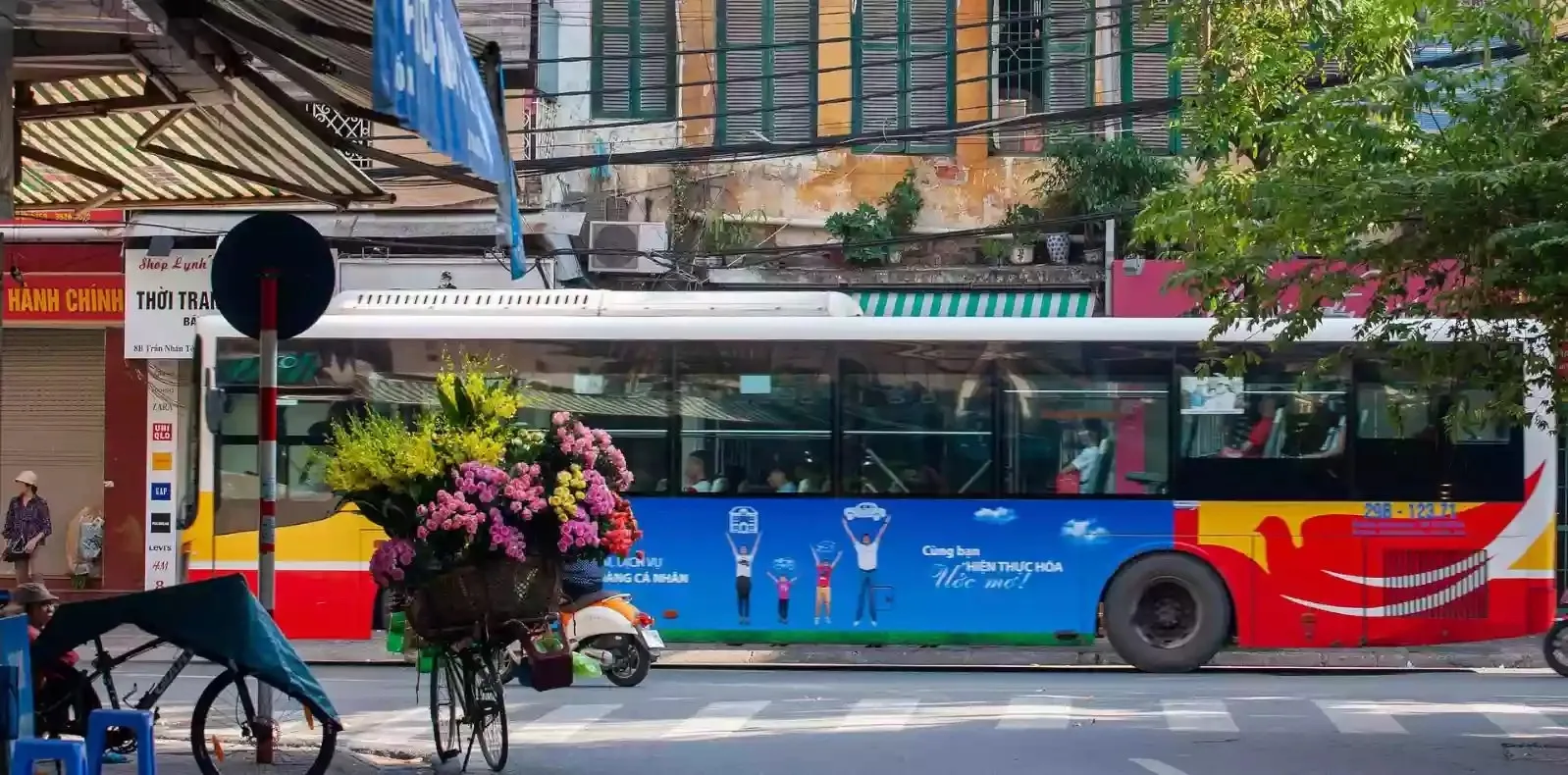
Navigating Vietnam affordably and efficiently requires some knowledge:
- Local Buses and Trains:
- Economical and give an authentic experience.
- Familiarize yourself with routes and schedules.
- Renting Motorbikes or Bicycles:
- A favorite among travelers for the freedom it offers.
- Always check the condition of the vehicle and wear safety gear.
- Tips for Using Grab or Traditional Taxis:
- Ensure the meter is running in taxis.
- Grab offers transparent pricing but check the destination and pick-up point accurately.
Affordable Accommodations and Their Financial Perks
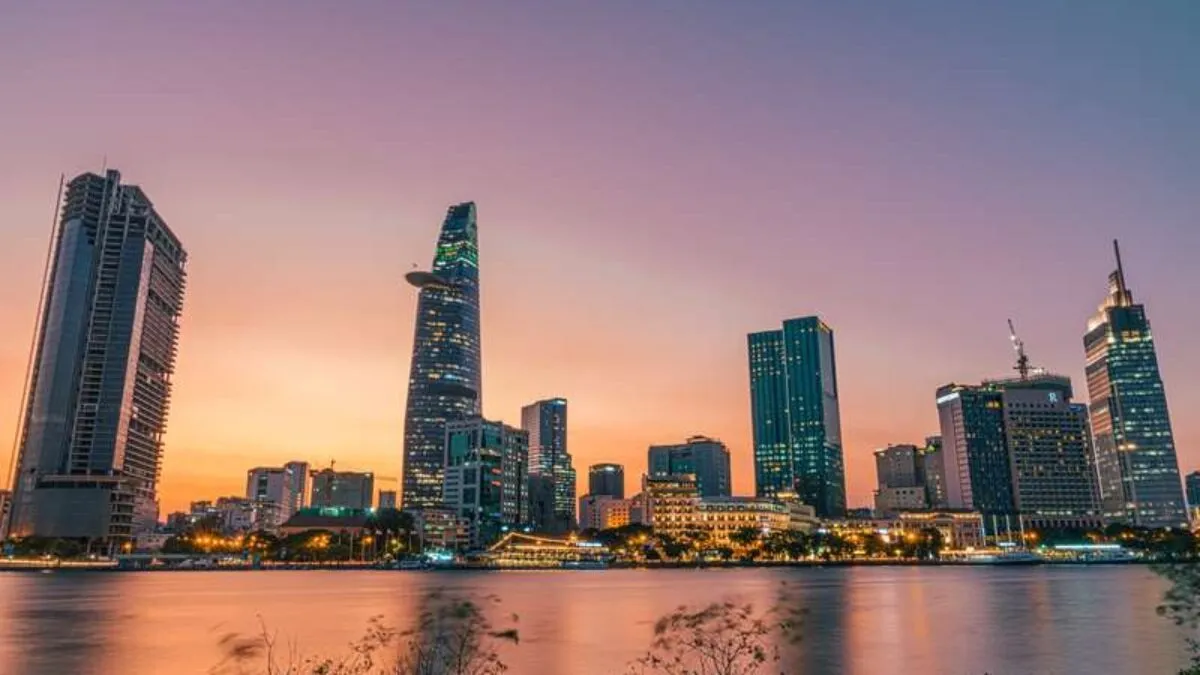
Sleeping soundly doesn't have to break the bank:
- Hostels vs. Hotels:
- Hostels are great for budget travelers and solo adventurers.
- Mid-range hotels offer added comforts without a hefty price tag.
- Leveraging Local Guesthouses and Homestays:
- Experience the Vietnamese culture firsthand.
- Often cheaper and offer home-cooked meals.
- Booking Platforms with Discounts:
- Sites like Agoda, Booking.com, and Hostelworld often have deals.
Eating on a Budget: Savoring Vietnamese Cuisine Without Breaking the Bank
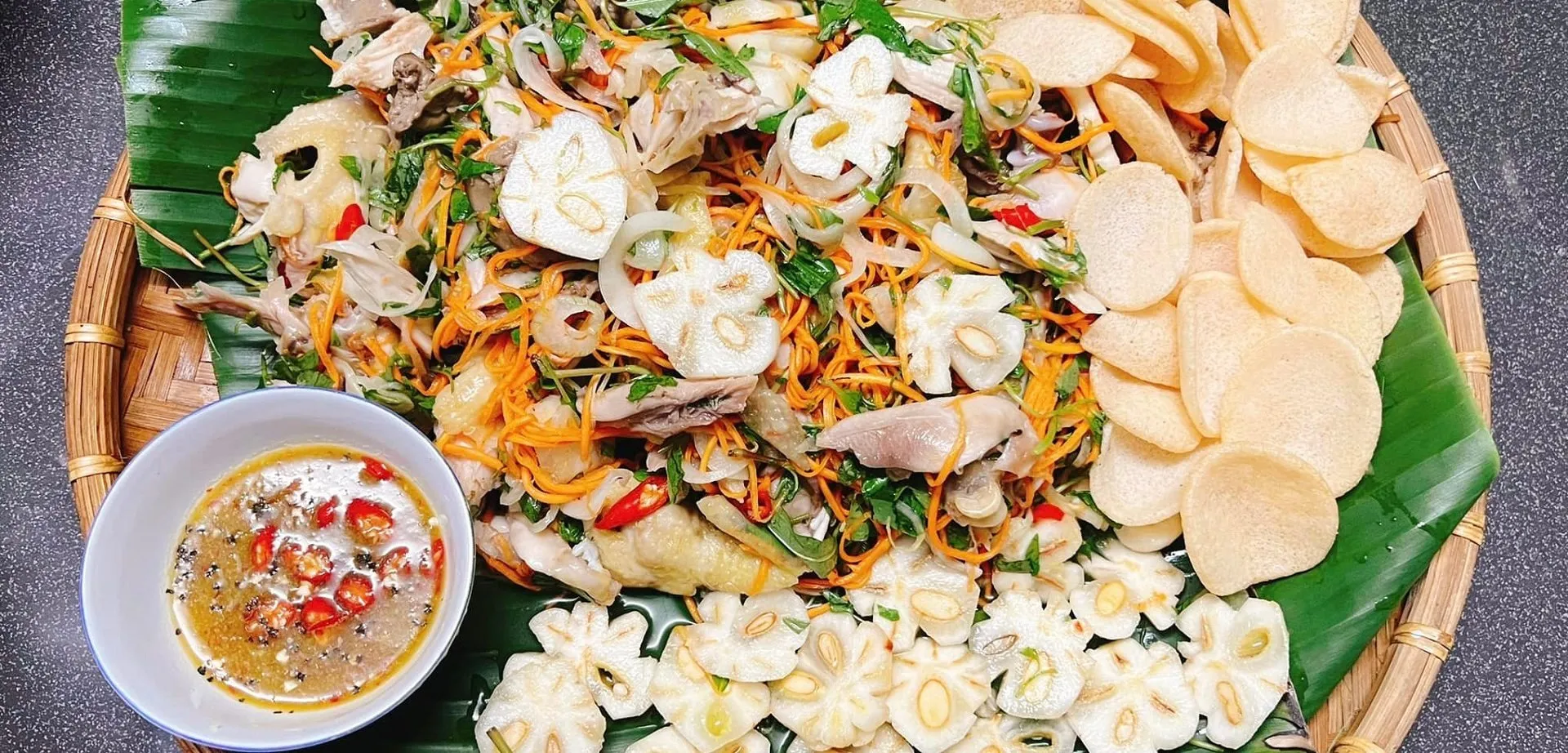
Dining in Vietnam can be a delightful and affordable experience:
- Local Markets and Street Food:
- Delicious options like pho, banh mi, and bun cha often cost just a few dollars.
- Always opt for busy stalls with local patrons.
- Price Differences:
- Tourist-heavy areas might have higher prices.
- Venture to local neighborhoods for cheaper and authentic meals.
Affordable Activities and Attractions

Experience Vietnam's rich culture without overspending:
- Free or Low-Cost Attractions:
- Many temples and pagodas have no entry fees.
- Public parks and local markets are great for people-watching.
- Budget-Friendly Tours:
- Group tours often offer a better value.
- Consider community-based tourism for a genuine experience.
Shopping Smartly: Bargaining and Finding Authentic Souvenirs
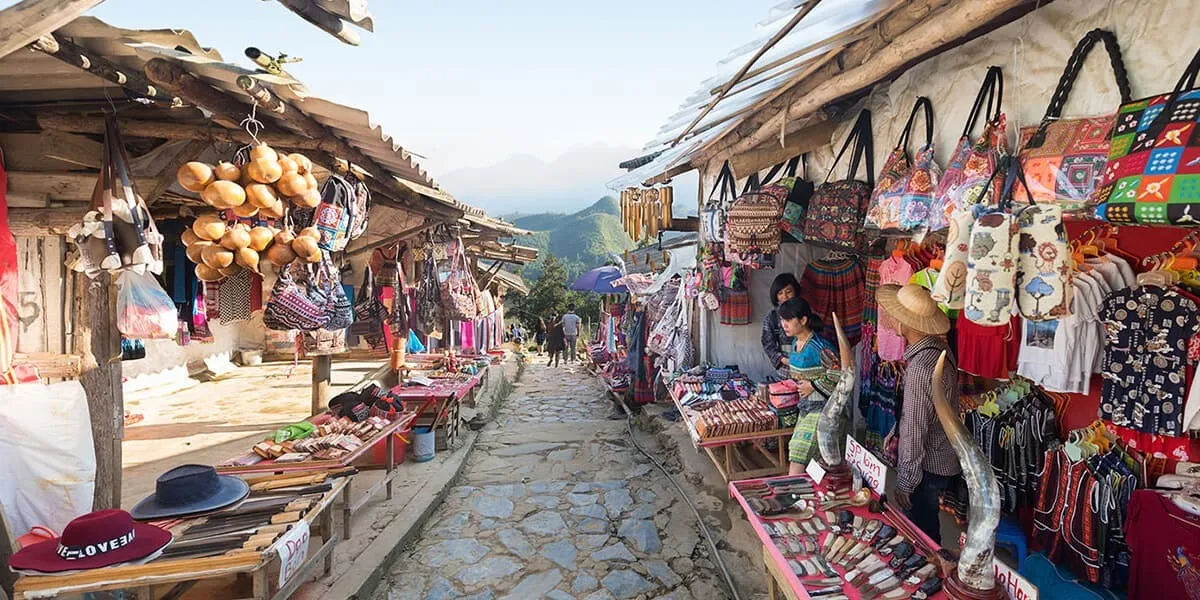
Bring home memories without burning a hole in your pocket:
- Tips for Haggling in Local Markets:
- Start by quoting half the asking price and work from there.
- Stay polite and smile. Bargaining is an art and part of the shopping experience.
- Recognizing Authentic Crafts vs. Tourist Trinkets:
- Research beforehand or ask locals about genuine handicrafts.
- Always check the quality and origin of items.
Conclusion: Embracing the Experience While Being Financially Savvy
Exploring Vietnam is a delightful journey. With the right financial strategies in place, you can savor every moment without stress. Remember to be street-smart, budget wisely, and most importantly, immerse yourself in the vibrant Vietnamese culture. Safe travels!
No matter what time of year you choose to visit Vietnam, you are sure to have a wonderful time. This beautiful country has something to offer everyone, from stunning scenery and ancient temples to delicious food and vibrant culture, book your Vietnam visa online right here to visit this wonderful country

